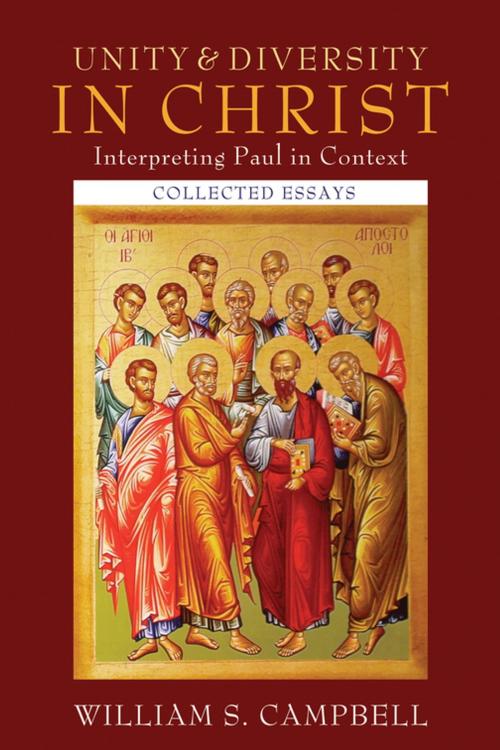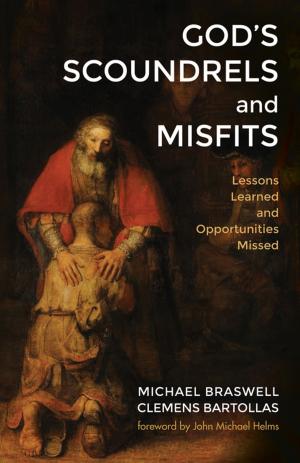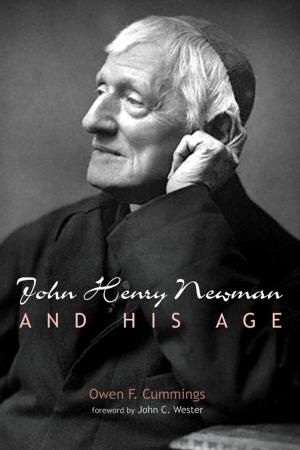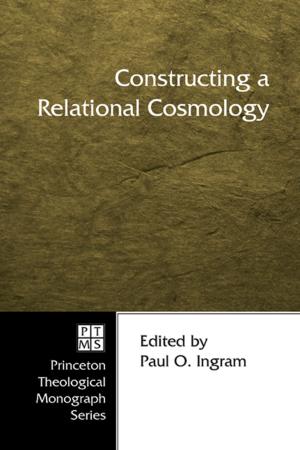Unity and Diversity in Christ: Interpreting Paul in Context
Collected Essays
Nonfiction, Religion & Spirituality| Author: | William S. Campbell | ISBN: | 9781621896722 |
| Publisher: | Wipf and Stock Publishers | Publication: | June 19, 2013 |
| Imprint: | Cascade Books | Language: | English |
| Author: | William S. Campbell |
| ISBN: | 9781621896722 |
| Publisher: | Wipf and Stock Publishers |
| Publication: | June 19, 2013 |
| Imprint: | Cascade Books |
| Language: | English |
These essays represent William Campbell's ongoing challenge over the last two decades to a residual aspect of the paradigm of Paulinism, namely that of interpreting Paul in antithesis to his Jewish roots. Campbell has proposed a new approach to Paul focusing on such themes as diversity, identity, and reconciliation as the basic components of transformation in Christ. The stance from which Paul theologizes is one that recognizes and underpins social and cultural diversity and includes the correlative demand that since difference is integral to the Christ-movement, the enmity associated with difference cannot be tolerated. Thus reconciliation emerges as a fundamental value in the Christ-movement. Such reconciliation respects and does not negate the particularities of the identity of Jews and those from the nations. This paradigm transformation implies the reevaluation of all things in Christ, whether of Jewish or Gentile origin. An underlying trajectory permeates these essays. What unites them is the emphasis on continuity between Judaism and the Christ-movement, particularly as exemplified in Paul's letter to the Romans. Such continuity is vitally important not only for understanding the past and present of Christ-followers, but even more significantly for the contemporary understanding of the identity of both Judaism and Christianity.
These essays represent William Campbell's ongoing challenge over the last two decades to a residual aspect of the paradigm of Paulinism, namely that of interpreting Paul in antithesis to his Jewish roots. Campbell has proposed a new approach to Paul focusing on such themes as diversity, identity, and reconciliation as the basic components of transformation in Christ. The stance from which Paul theologizes is one that recognizes and underpins social and cultural diversity and includes the correlative demand that since difference is integral to the Christ-movement, the enmity associated with difference cannot be tolerated. Thus reconciliation emerges as a fundamental value in the Christ-movement. Such reconciliation respects and does not negate the particularities of the identity of Jews and those from the nations. This paradigm transformation implies the reevaluation of all things in Christ, whether of Jewish or Gentile origin. An underlying trajectory permeates these essays. What unites them is the emphasis on continuity between Judaism and the Christ-movement, particularly as exemplified in Paul's letter to the Romans. Such continuity is vitally important not only for understanding the past and present of Christ-followers, but even more significantly for the contemporary understanding of the identity of both Judaism and Christianity.















